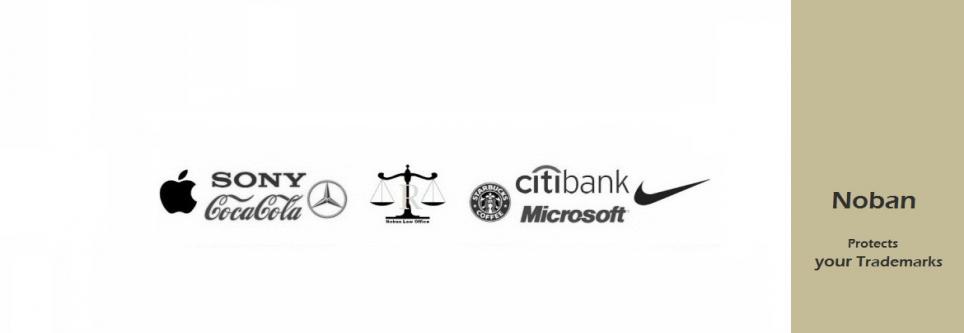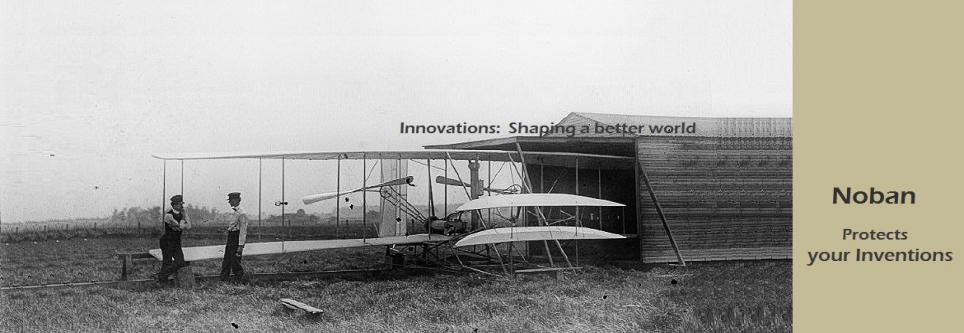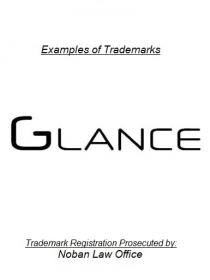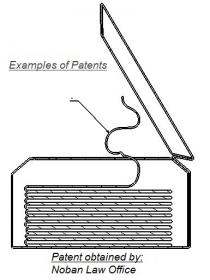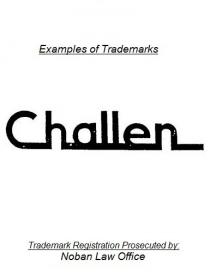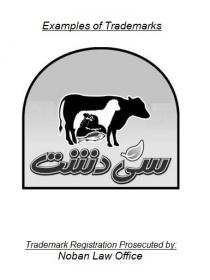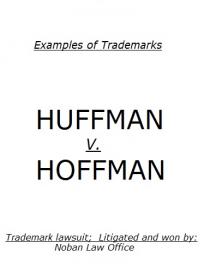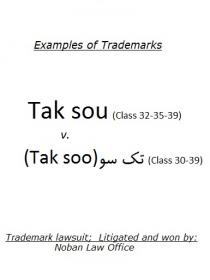FAQs on Copyright
FAQs on Rights of Literary and Artistic Works (Copyright)
1. What is copyright?
Rights of Literary and Artistic Works (Copyright), according to the law is known for the creator of a literary and artistic work and authorizes him/her to control the reproduction and supply of his work through granting moral rights and economic rights, and limit the exploitation and use of his work by others, or allow them in accordance with the contract.
2. What does copyright protect?
Copyright protects a wide range of literary and artistic works such as books, dissertations, pamphlets, poems, songs, musical works, maps and architectural work, painting, design, photography, handicrafts, carpet and carpet designs, sculptures, play and script, movies, dance and pantomime and so on.
3. Does copyright protect ideas, methods, theories and thoughts?
No, copyright only protects the expression of ideas and thoughts. Therefore, ideas, thoughts, methods and theories, even if they are worthwhile, are excluded from copyright. Laws only protect the form in which ideas are expressed.
4. What are conditions of protecting works in Iran?
Only original works can be protected. Originality means the work should be rooted in the thought, emotion and intellectual endeavor of the creator, in other words, the character of the author should be seen is in his work. Therefore, a work that imitates and replicates the works of others or an exact copy cannot be copyrighted.
Another condition of copyright is that the work is published for the first time in Iran.
5. What are the rights of the author?
The author of the literary or artistic work has two types of rights which are exclusive: economic rights generally including financial and economic exploitation of the work and moral rights including rights associated with the author's personality, such as the right to name and title of the work.
6. Does the translation and adaptations are protected by copyright?
Yes. Translations, adaptations, modifications and other literary and artistic works are protected by copyright law.
7. Do the literary and artistic works need to be registered for protection?
Literary and artistic works are protected by law upon its creation and it is not subject to registration or any formalities. Registration is optional and the author can register his/her work at the Ministry of Culture and Islamic Guidance in Iran. The benefit of registration of the work is that the author can prove his ownership in the court by providing a registration certificate.
8. How long does copyright protect works?
The moral rights of the author are permanent and not limited to the time, but the economic rights of works, in accordance with the law of protecting the authors and artists was approved in 1969 in Iran, are protected for the life of the author, plus 50 years after his death. This time for the cinema, photography and work of a legal person is 30 years.
9. Do the rights of the author could be transferred to another party?
The moral rights are not transferable to another, but the author can transfer any of his / her economic rights to third parties or grant permission to use it under the contract.
10. How can we benefit from the rights of literary and artistic works in other countries?
Iran has not yet become a party to international copyright treaties, including Berne convention (1886), WIPO Copyright Treaty (WCT) (1996), Rome convention (1961), and other international treaties relating to copyright and related rights. Therefore, as the authors of literary and artistic works of other countries do not enjoy their economic rights in Iran, the authors of published works in Iran can not claim their rights in other countries. As Iran has not joined Berne convention, other countries are not required to respect the rights of Iranian creators. In some cases, authors can enjoy legal protection in their countries through the registration of their work or observing certain formalities in accordance with the copyright laws of other countries.
11. What are the related rights?
Related rights(neighboring rights) protects the rights of individuals whose work does not have the originality and creativity to receive protection as literary and artistic works, but they help to publish authors of their literary and artistic works.
They include the rights of the performers, phonogram producers, and broadcasting organization. These rights are protected in most countries under related rights.
12. Does software are protected by copyright?
Yes, computer software in Iran is protected according to the law of Protection of the Rights of Computer Software Creators (2000) and its regulation. The law provides the author with the moral and economic rights, including the right to publish, supply, execute and exploit it. Computer software may be technically have the invention conditions and can be registered as an invention.
13. Do literary and artistic works on the internet can be protected?
Yes, literary and artistic works and related rights in Iran are also protected by e-commerce law on the Internet. Therefore, doing any of these acts without permission of the author by others is a violation of the law and owner can prosecute the violators.
14. Can I sue someone who violates my literary and artistic works right?
Yes, if you are the author or the legal owner of a literary or artistic work and someone else uses your work without permission and violates at least one of the moral or economic rights, you can sue the violator in court under copyright law.
15. How can I use a work without the author’s consent?
Literary and artistic works may be used by others without consent and free of charge. These cases in the law of Iran are called free use, including: 1. Quoting works with the name of the author 2. Personal use without commercial purpose 3. Duplication of work by public libraries and scientific and educational institutions.
16. What are the laws to protect the right of literary and artistic works?
The current laws that regulate the protection of authors of literary and artistic works in Iran are:
- The Law on the Protection of the Rights of Authors, Publishers and Artists (1969) and the Amendment to Article 12 of this Law dated 21/2/2010.
- Regulation of article 21 of the Law on the Protection of the Rights of Writers, Publishers and Artists (1971).
- The law of translation and reproduction of books and publications and audio works.
- Electronic commerce law (2003).
